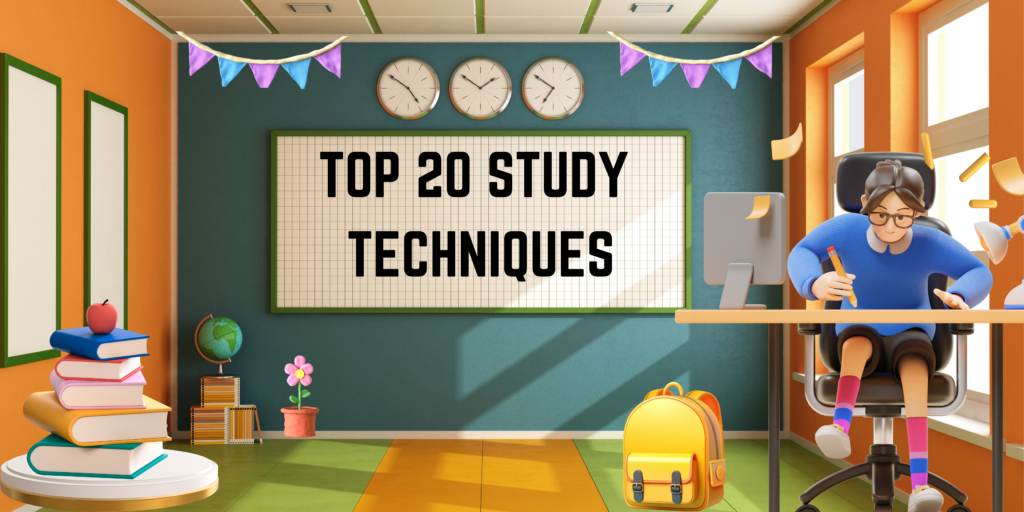
Here are top 20 study techniques tailored for students, along with practical advice on making the most out of your study sessions. These tips are not just about strategies, but also about the mindset that helps you stay productive, focused, and balanced.
- Active Recall: hear is the first technique from the top 20 study techniques Active recall is one of the most effective ways to retain information. Instead of passively re-reading notes, you actively quiz yourself on the material. It’s like teaching your brain to retrieve the information from memory, which strengthens your recall ability. You can create flashcards, ask yourself questions, or practice writing what you remember without looking at your notes.

- Spaced Repetition: Research shows that spacing out studying improves retention. Use tools like Anki or Quizlet, which use algorithms to help you review material at optimal intervals. This also helps move information from short-term to long-term memory, it is a very powerful technique for students.

- Pomodoro Technique:This technique breaks your study time into 25-minute chunks (called Pomodoros) followed by a 5-minute break. After four Pomodoros, you should take a long break (15-30 minutes). It prevents burnout and helps keep you focused by giving your brain regular rest periods.

- Teach What You Learn: to teach it to someone is one of the best ways to understand a topic . When you explain a concept to someone else, it forces you to simplify it and identify any gaps in your understanding. Try explaining concepts to a friend, family member, or even yourself. If you can teach it, you truly know it.

- Mind Mapping: this technique that helps you organize information is mind mapping it is also a visual technique. . By connecting different ideas with lines and diagrams, you create a structured overview of the subject, making it easier to remember and understand relationships between concepts. It’s especially helpful for complex topics.

- Take Handwritten Notes: Though digital note-taking is convenient, handwriting notes engage more areas of the brain, aiding memory retention. The act of summarizing and rephrasing what you hear forces you to process the information deeply, making it stick better.

- Chunking Information: Here is the best technique from the top 20 study techniques Break large volumes of information into smaller, more digestible chunks. The human brain is more efficient at remembering smaller pieces of information (like remembering a phone number in chunks). When studying, group similar concepts together to reduce cognitive overload.
This is a very good method and it is my own tried and tested method which helps a lot in studies. Highly recomnmeded this.

- Practice Problem-Solving: Especially for subjects like math and science, the key to understanding is solving problems. Simply reviewing solutions won’t help as much as doing the problems yourself. Regularly practice problems that challenge you to think critically.

- Use Multiple Resources: Here is the most recommended technique from the top 20 study techniques Different sources present information in various ways, and sometimes a different explanation can make a tough topic easier to grasp. Watch videos, read different authors, or attend study groups to hear different perspectives.
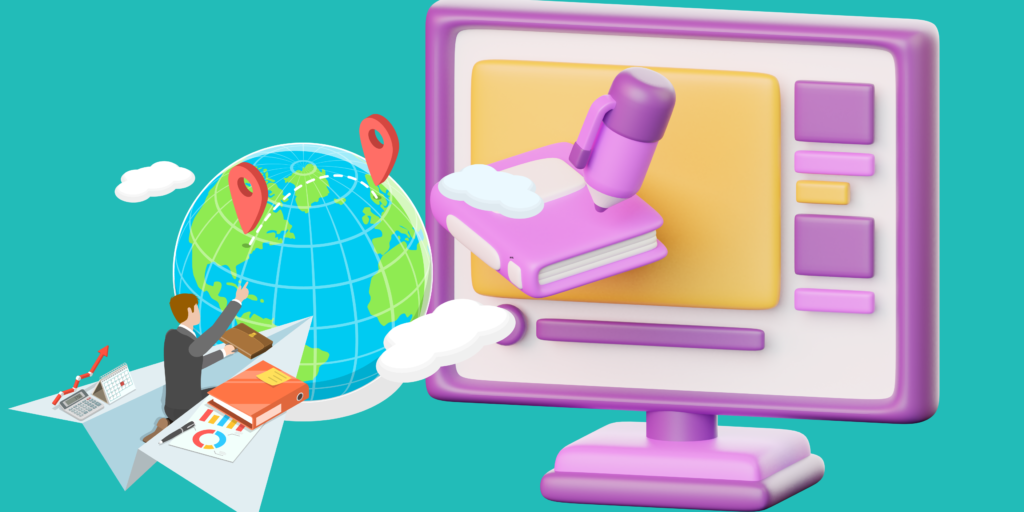
- Set Specific Goals: set clear and achievable goals before each study session. Instead of saying, “I’ll study biology today,” say, “I’ll understand photosynthesis and be able to explain the Calvin cycle by the end of today.” Specific goals help you stay focused.
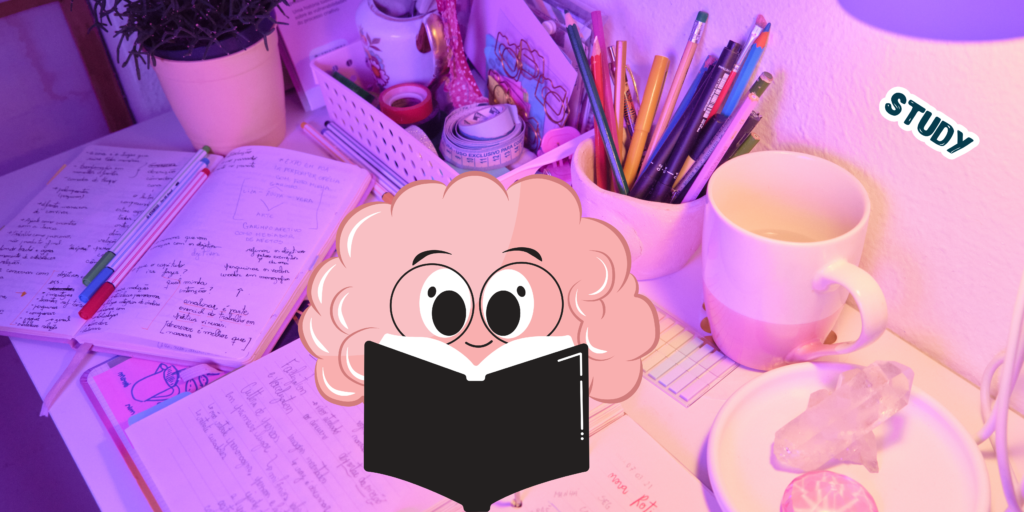
- Active Learning over Passive Learning: engage with the material actively. Instead of just reading or listening, This could include discussing it, practicing, questioning, and analyzing. Active learning keeps your brain engaged and helps you develop a deeper understanding of the topic.

- Use Mnemonics are strategies or techniques for effective memorization: Hear is my favorite technique from the top 20 study techniques
For example, to remember the order of taxonomic ranks in biology (Kingdom, Phylum, Class, Order, Family, Genus, Species), you can use the phrase “King Philip Came Over For Good Soup.” The sillier the mnemonic, the easier it is to remember.

- Create a Study Schedule: Consistency is key. Create a study timetable that balances your time across all subjects. Allocate time for review, problem-solving, and breaks. This structure helps prevent last-minute cramming and builds a steady momentum that makes learning less stressful.
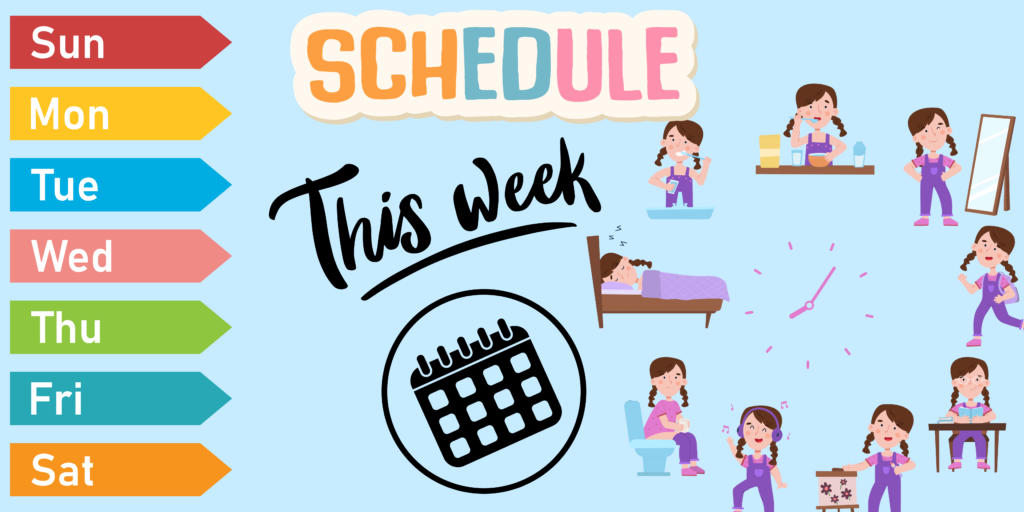
- Take Breaks and Move Around: Sitting for hours on end isn’t productive. Taking breaks, especially physical ones, refreshes your brain. Moving around, even if it’s just a quick stretch or a walk around the block, can boost your energy and focus. Physical movement stimulates blood flow and keeps you alert.
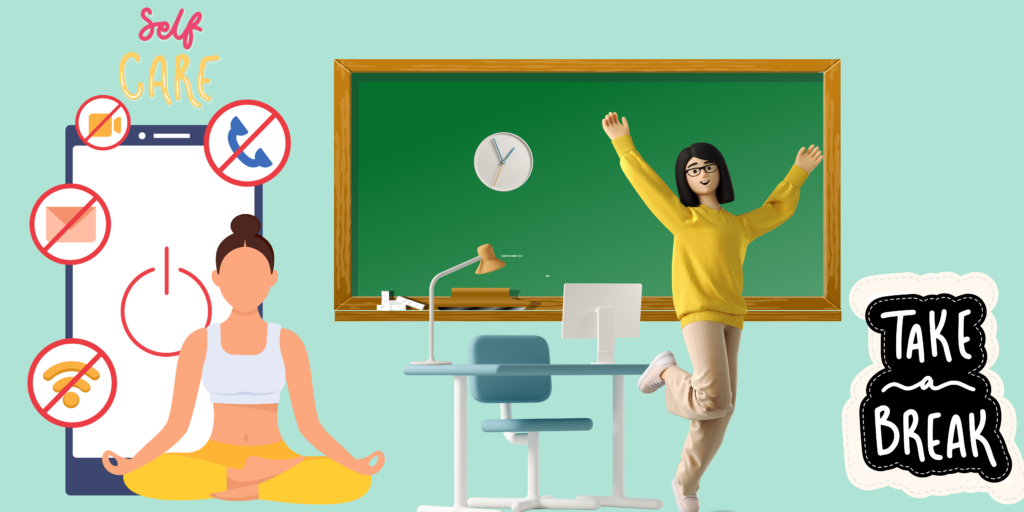
- Find Your Ideal Study Environment: Hear is the most important technique from the top 20 study techniques Everyone has a different ideal study environment. Some need silence, while others work better with background noise. Experiment with different locations, like the library, a café, or your room, and find what works best for you. A clutter-free, well-lit environment can enhance focus.

- Stay Hydrated and Eat Right: Your brain needs fuel to work effectively. Dehydration and hunger can seriously affect concentration and memory. Keep water by your side, and snack on brain-boosting foods like nuts, fruits, and dark chocolate. Avoid junk food and too much caffeine, which can cause crashes in energy.

- Get Plenty of Sleep : Sleep plays a vital role in memory consolidation. Pulling all-nighters may seem necessary at times, but they can impair your cognitive functions. Aim for 7-9 hours of sleep every night, especially before exams. Quality rest helps your brain process and retain the information you’ve studied.

- Utilize Past Exams : One of the best ways to prepare for exams is by reviewing past papers. This gives you an idea of the format and the types of questions that might be asked. Time yourself while completing these to simulate actual exam conditions and improve your time management skills.
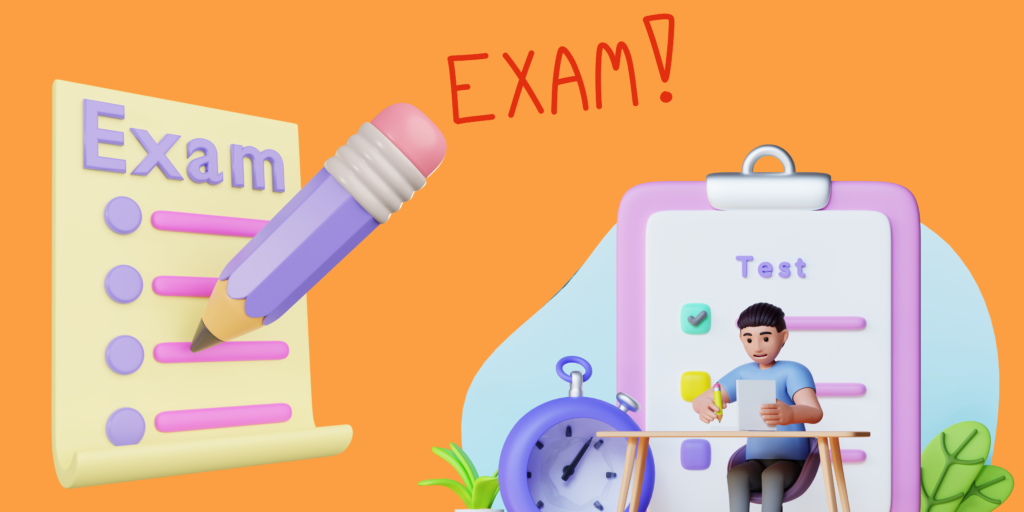
- Avoid Multitasking: Contrary to popular belief, multitasking doesn’t improve productivity. In fact, it can decrease focus and make it harder to Date 2024-09-14 Words 630 Characters 4202 Page 1 of 2 retain information. When studying, eliminate distractions like your phone or social media, and focus on one subject at a time. You’ll absorb more and feel less mentally scattered.

- Stay Positive and Persistent: Hear is the final technique from the top 20 study techniques
Studying can be mentally challenging, and it’s easy to get frustrated. The key is to maintain a positive attitude and remember that learning is a process. If you hit a roadblock, take a break, seek help, or try a different approach. Persistence is what sets successful students apart from those who give up.

Conclusion
Applying These Techniques Effectively It’s important to remember that no single study method works for everyone. What works for one student might not work for another, and it’s okay to adapt and experiment. The key is to stay flexible, pay attention to what helps you retain information best, and adjust accordingly. Balance is crucial in studying. Overloading yourself with information in a short amount of time leads to burnout. By creating a sustainable study routine with regular breaks, active learning, and self-assessment, you’ll build confidence and prevent exhaustion. Lastly, don’t forget about the mental and emotional aspects of studying. Learning can be frustrating at times, and it’s easy to feel overwhelmed. When that happens, take a step back, remind yourself of your progress, and be kind to yourself. Confidence and self-compassion are essential companions on the road to academic success. Incorporate these study techniques into your routine, and remember that learning is a journey, not a sprint. Each step forward is progress, and with time, persistence, and smart strategies, you’ll find yourself mastering your subjects with ease
READ MORE BLOG ——- https://pedagogyedu.com/blog/

ojfznizrxonputlszpwsmluqkypivl